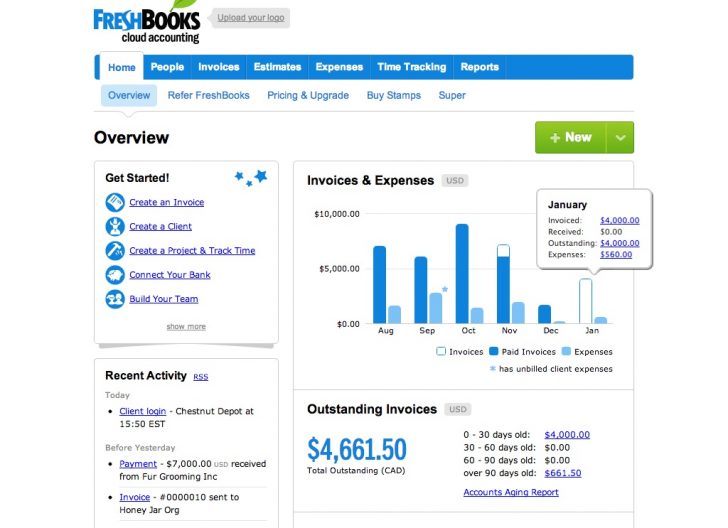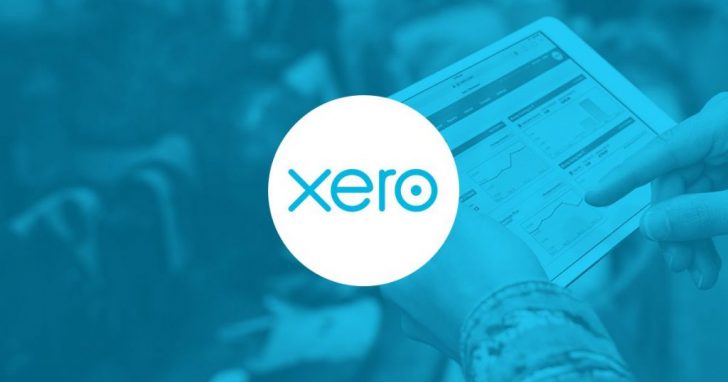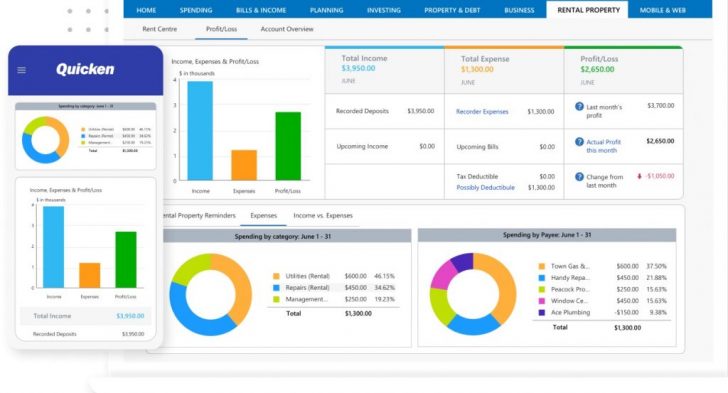More than ever before, finding the right tool that fits perfectly with your business needs can be a challenge today. Although QuickBooks has long been a go-to solution for many, it might not meet everyone's specific requirements. If you are on the hunt for alternatives to QuickBooks, you are in luck!
The year 2024 brings a fresh batch of options that cater to a wide range of accounting needs. Whether you are a freelancer, an established business, or somewhere in between, there is a solution out there for you.
5. FreshBooks: One of the Popular Alternatives to Quickbooks
When it comes to freelancers who need a user-friendly and efficient accounting solution, FreshBooks stands out as one of the top alternatives to QuickBooks. Tailored specifically for the unique challenges faced by freelancers and small business owners, FreshBooks offers an intuitive interface that simplifies invoicing, expense tracking, and time tracking.

Fresh Books / If you are a freelancer looking for an alternative to QuickBooks, FreshBooks is an ideal option for you.
However, its automation features, such as recurring invoices and automatic payment reminders, save precious time that can be better spent on growing your business. Plus, with its robust reporting capabilities, FreshBooks ensures that you are always in the loop about your financial health.
4. Xero
For established businesses looking for a comprehensive accounting solution, Xero is a formidable contender among the alternatives to QuickBooks. Xero's platform excels in offering detailed financial overviews and complex accounting operations without sacrificing ease of use.
Nevertheless, its cloud-based nature ensures that your financial data is accessible anytime, anywhere, making it ideal for businesses with remote teams or those operating in multiple locations. From inventory management to payroll, Xero provides all the tools necessary to manage your finances efficiently and effectively.

Book Keeping / Ideal for established businesses, Xero is one of the best alternatives to QuickBooks in 2024.
3. NetSuite
Businesses in need of a comprehensive, all-in-one ERP solution will find NetSuite among the most capable alternatives to QuickBooks. NetSuite goes beyond basic accounting to offer a full suite of applications designed to automate and streamline all aspects of business operations, including CRM, eCommerce, and inventory management.
The real-time financial management capabilities of NetSuite provide businesses with up-to-the-minute insights into their financial performance, enabling more strategic decision-making. For businesses looking to scale and automate their accounting processes, NetSuite is an investment worth considering.
2. Quicken
Quicken has been a reliable name in the world of personal finance management for years. It is also an excellent option for small businesses focused on meticulous expense tracking. As one of the alternatives to QuickBooks, Quicken offers powerful features to oversee investments, loans, and retirement accounts, alongside your business finances.
Plus, its budgeting tools and detailed expense categorization help you stay on top of your spending and make better financial decisions. For those who want a robust solution for managing personal and business finances in one place, Quicken is a solid choice.
1. Sage Business Cloud Accounting
Sage Business Cloud Accounting is the go-to choice for small to medium-sized businesses seeking simplicity without sacrificing functionality. As an alternative to QuickBooks, Sage offers a straightforward, cloud-based accounting solution that covers all the essentials. Thus, these include:
- Invoicing
- Expense tracking
- Financial reporting
However, the user-friendly interface and mobile app of Sage make managing your finances easy, even on the go. Plus, with Sage's flexible pricing plans, businesses of any size can access powerful accounting tools without breaking the bank.



